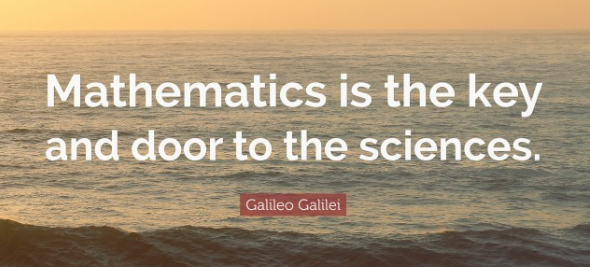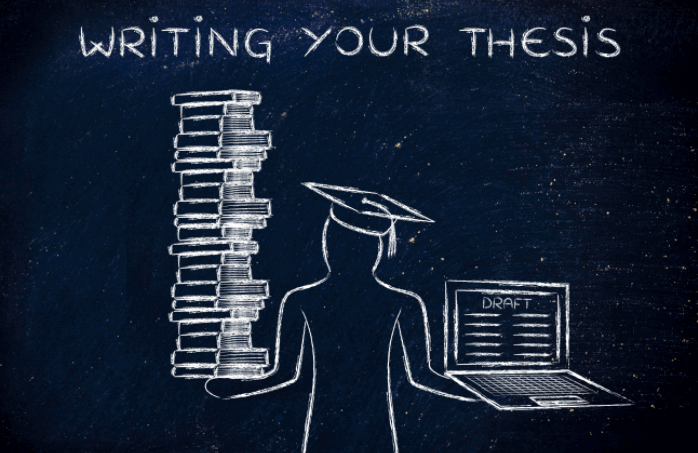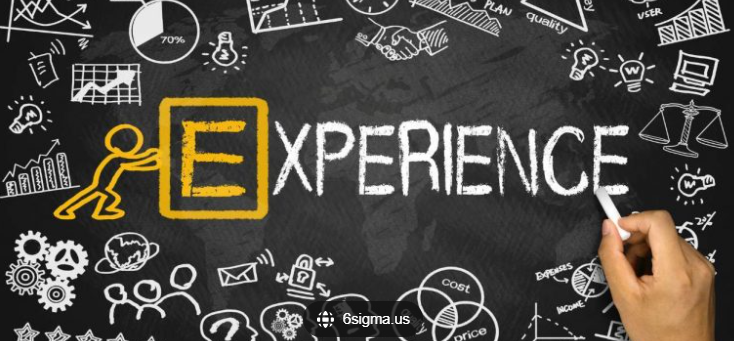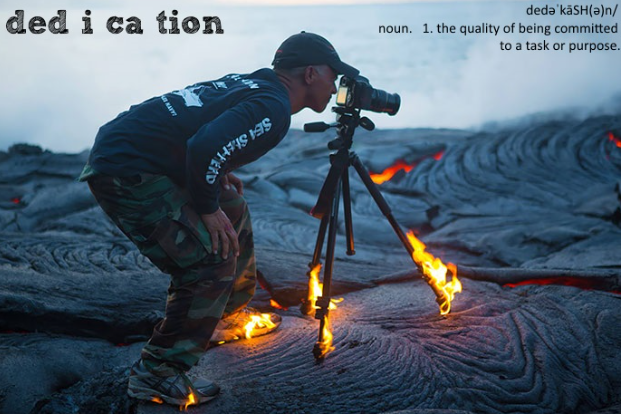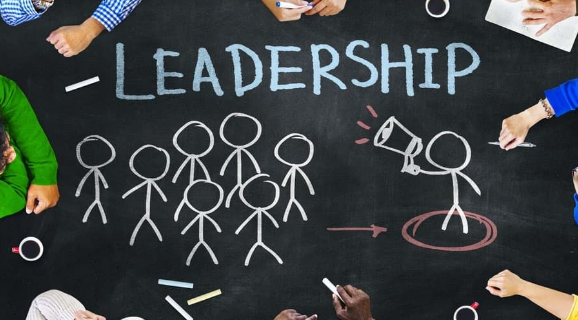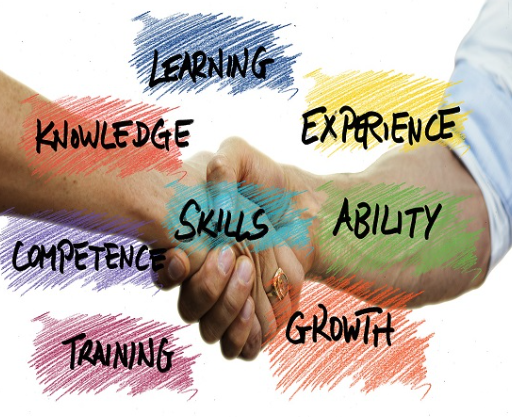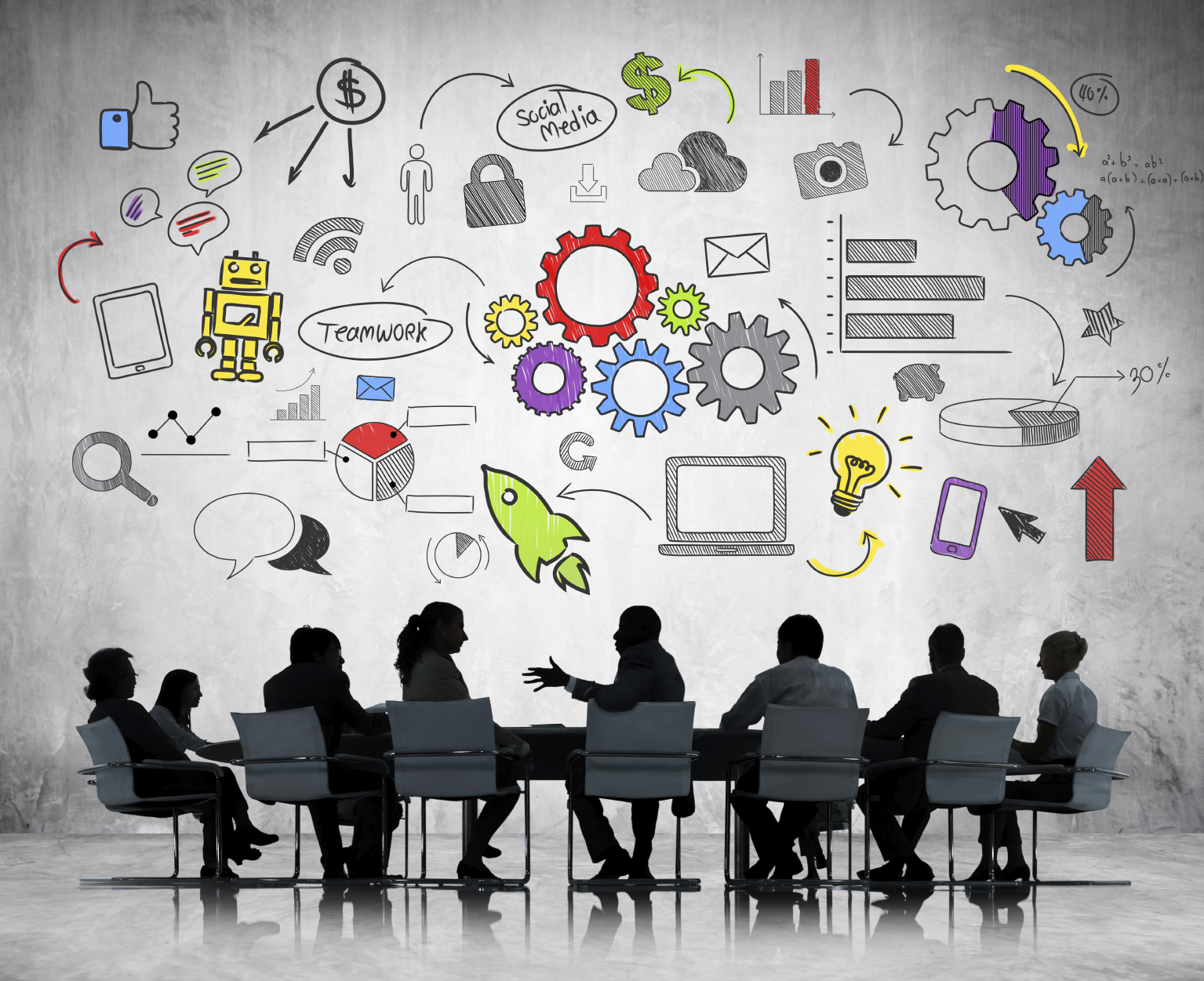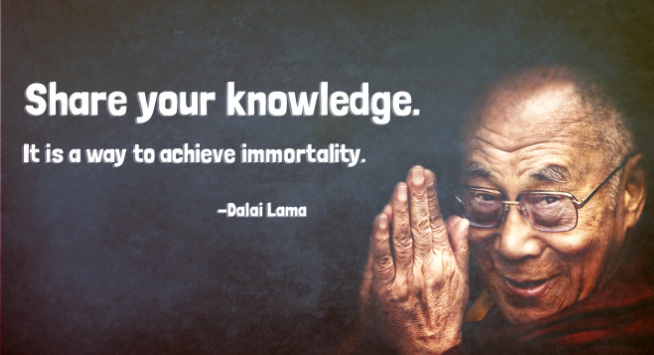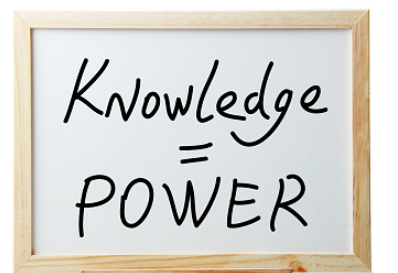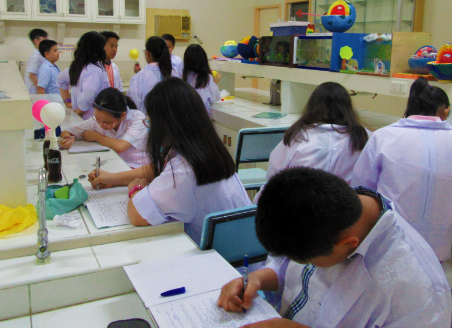Skills, knowledge, and experience are three interrelated aspects that contribute to personal and professional growth. While they are distinct, they often go hand in hand, shaping individuals into competent and well-rounded individuals. Here's an exploration of each of these topics: Skills: Skills refer to the practical abilities and competencies acquired through learning, training, and practice. They are developed through deliberate effort and application. Skills can be categorized into various domains, including technical skills, interpersonal skills, problem-solving skills, and more. Examples of skills include communication, leadership, coding, project management, and critical thinking. Skills are crucial as they enable individuals to effectively perform tasks, meet challenges, and achieve goals. They provide the practical means to apply knowledge and navigate real-world situations. Skills can be acquired through formal education, vocational training, on-the-job experience, and self-directed learning. Continuous skill development is essential in adapting to changing circumstances, staying relevant in the workplace, and pursuing personal growth. Knowledge: Knowledge refers to the understanding and awareness gained through the acquisition of information, facts, concepts, and theories. It encompasses both theoretical and practical understanding of various subjects. Knowledge is typically obtained through education, reading, research, and learning from experts or experienced individuals. Knowledge provides individuals with a foundation of understanding, allowing them to make sense of the world and apply concepts in different contexts. It supports critical thinking, problem-solving, and decision-making processes. Knowledge is often formalized in academic disciplines, professional fields, and areas of expertise. It is continually evolving, requiring individuals to stay updated and engage in lifelong learning to expand their knowledge base. Experience: Experience relates to the practical involvement and exposure to real-life situations. It is gained through active participation, observation, and firsthand engagement. Experience offers opportunities for learning, skill application, and personal growth. It allows individuals to test theories, develop practical insights, and build expertise in specific areas. Experience is often gained through work, internships, volunteering, and engaging in various activities. It provides individuals with a deeper understanding of how knowledge and skills translate into real-world scenarios. Experience helps individuals develop judgment, adaptability, and resilience by navigating challenges, making mistakes, and learning from successes and failures. The synergy among skills, knowledge, and experience is vital. Knowledge provides the foundation, skills empower individuals to apply that knowledge effectively, and experience allows for practical refinement and continuous growth. Developing a well-balanced combination of skills, knowledge, and experience is essential for personal and professional success, as it enhances competence, fosters adaptability, and opens doors to new opportunities. Continual investment in skill development, pursuing knowledge acquisition, and actively seeking diverse experiences contribute to personal growth, professional advancement, and a broader understanding of the world. Embracing these three facets of growth nurtures individuals' abilities to thrive in a rapidly evolving society and make meaningful contributions to their communities.

Building Blocks of Growth: Skills, Knowledge, and Experience
The synergy among skills, knowledge, and experience is vital. Knowledge provides the foundation, skills empower individuals to apply that ..
Shares:






